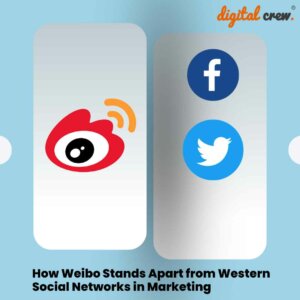China’s Government has recently introduced new cyber security laws focused on privacy and on the movement of data out of China. The laws also target online content that is considered to breach the core values of socialism.
As a result, more than 60 social media accounts on WeChat and Weibo been disabled due to breaches of core values – that is, sites with content that is considered vulgar or in poor taste. Examples include the celebration of celebrity lifestyles and conspicuous consumption, or stories considered to be more gossip or scandal than otherwise. According to a Jing Daily report, one such disabled account is Harper’s Bazaar China – which has lost its historical content and is in the process of developing a new entertainment account.
China already has a record of strong censorship. According to the 2017 World Press Freedom Index, China ranks 176th out of 180 countries. It’s also well-known that several western sites – including Facebook, Twitter, YouTube and Google – are highly restricted or banned in China. This means the new censorship move likely doesn’t come as a complete surprise to those who work in the digital space in China.
What could this social media law in China mean for brands?
Brands in the luxury and fashion industries that use key opinion leaders (KOLs) as brand ambassadors may be presented with a challenge in their online and social media marketing.
While KOLs are still a legitimate marketing practice, brands may need to be more mindful than before of China’s cyber laws, to avoid falling foul of the regulations.
Recommendations for luxury and fashion brands include:
- Recognise that the government in China is in the process of broadening its definition of inappropriate content, and there are restrictions not only regarding politics, current affairs and foreign content, but also around marketing content that could appear to over-emphasise capitalist culture.
- Avoid the use of celebrities / KOLs that appear to have conspicuously lavish or ‘glitzy’ lifestyles, or that have made controversial statements in the past – particularly to do with current affairs or politics.
- Always conduct a thorough risk assessment before hiring a KOL. This includes assessing their past work and level of online discretion, as well as their successes in promoting brands.
- Continue to provide high quality content to audiences, and to take steps to engage with your audiences.
Seek professional assistance
Negotiating China’s digital marketing landscape is complex. If you need assistance in doing so, get in contact with our professional China marketing team for some expert tips and guidance!
























